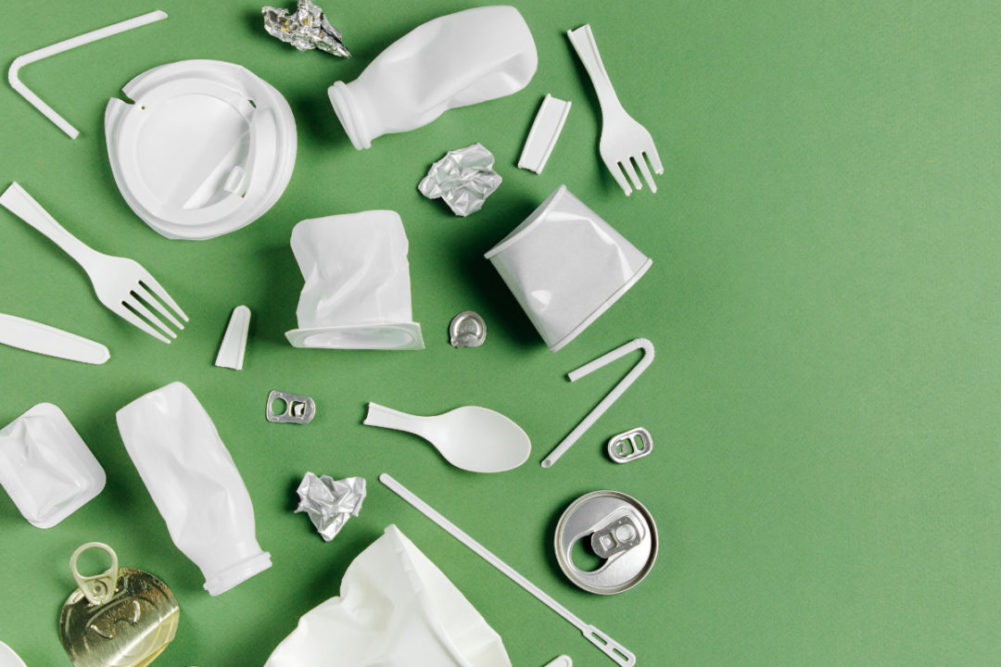ARLINGTON, VA. — The coronavirus (COVID-19) pandemic has shifted the mindset of many environmentally conscious consumers, according to a new report from the Consumer Brands Association (CBA).
For businesses, being environmentally conscious has become a key priority through recyclable packaging, sustainable ingredient sourcing, reduced carbon emissions and other targets. McCormick and Co., for example, recently released an update on its sustainability goals, which outlined progress toward 100% sustainable sourcing and achieving more than 80% recyclable plastic packaging by 2025. The company also is planning to power its facilities in Maryland and New Jersey with renewable electricity by 2022.
“The era of shareholder only is over,” said Michael Okoroafor, vice president of global sustainability and packaging innovation at McCormick & Co., during a virtual presentation hosted by the CBA. “We are linking financial performance to how we treat people, how we deal with communities where we live, work and source and how we address issues around the planet.”
Conagra Brands Inc. launched a new sustainable packaging design for its Swiss Miss Hot Cocoa, part of its larger goal to make 100% of its plastic packaging renewable, recyclable or compostable by 2025. Other manufacturers, including Mondelez International, Inc. and Campbell Soup Co., also have announced plans to achieve 100% recyclable, compostable or reusable packaging within the next 5 to 10 years.
Despite the high-level targets, such initiatives may not have their intended impact unless consumer behavior also changes, the CBA said. The association found just 4% of Americans believe recycling is not confusing. Three-quarters said allowing recycling systems to set different standards on what can be recycled creates confusion.
“Without consumer education, people don’t know how to recycle,” Okoroafor said. “We have to work together to ensure that we bring the government, our communities and our states as part of this. That is how we accomplish this.”
Along with confusion about recycling, the study found consumers’ pandemic-related concerns may be taking precedent over environmental concerns.
Nearly 70% of Americans said they are more concerned about safety and hygiene than environmental impact. Eighty-two percent of consumers said they were concerned about the environment, down 8 percentage points from 2019. Similarly, 80% said they are concerned about single-use plastic, compared to 87% last year.
Increased home delivery and pantry stocking has contributed to an uptick in waste during the pandemic. The World Economic Forum reported daily plastic waste has increased 24% in 2020, owing to soaring home deliveries of food.
“America is using more plastic and packaging to contend with COVID-19, and it is exposing our broken recycling system,” said Geoff Freeman, president and chief executive officer of the CBA. “The pandemic has validated the urgent need for a modern recycling system that can deal with our reality.
While 72% of Americans said consumers should be responsible for reducing waste, a third said packaging and CPG manufacturers should be responsible, and more than half (54%) said the responsibility should fall to retailers.
“You really need to collaborate in this area, even with your competitors,” Okoroafor said. “If you come up with a new way to make completely sustainable plastics but you don’t have the scale to bring it to a cost-effective level, it doesn’t go anywhere. At the end of the day, the consumers want to pay for value and having collaboration gives you the scale to deliver.”



